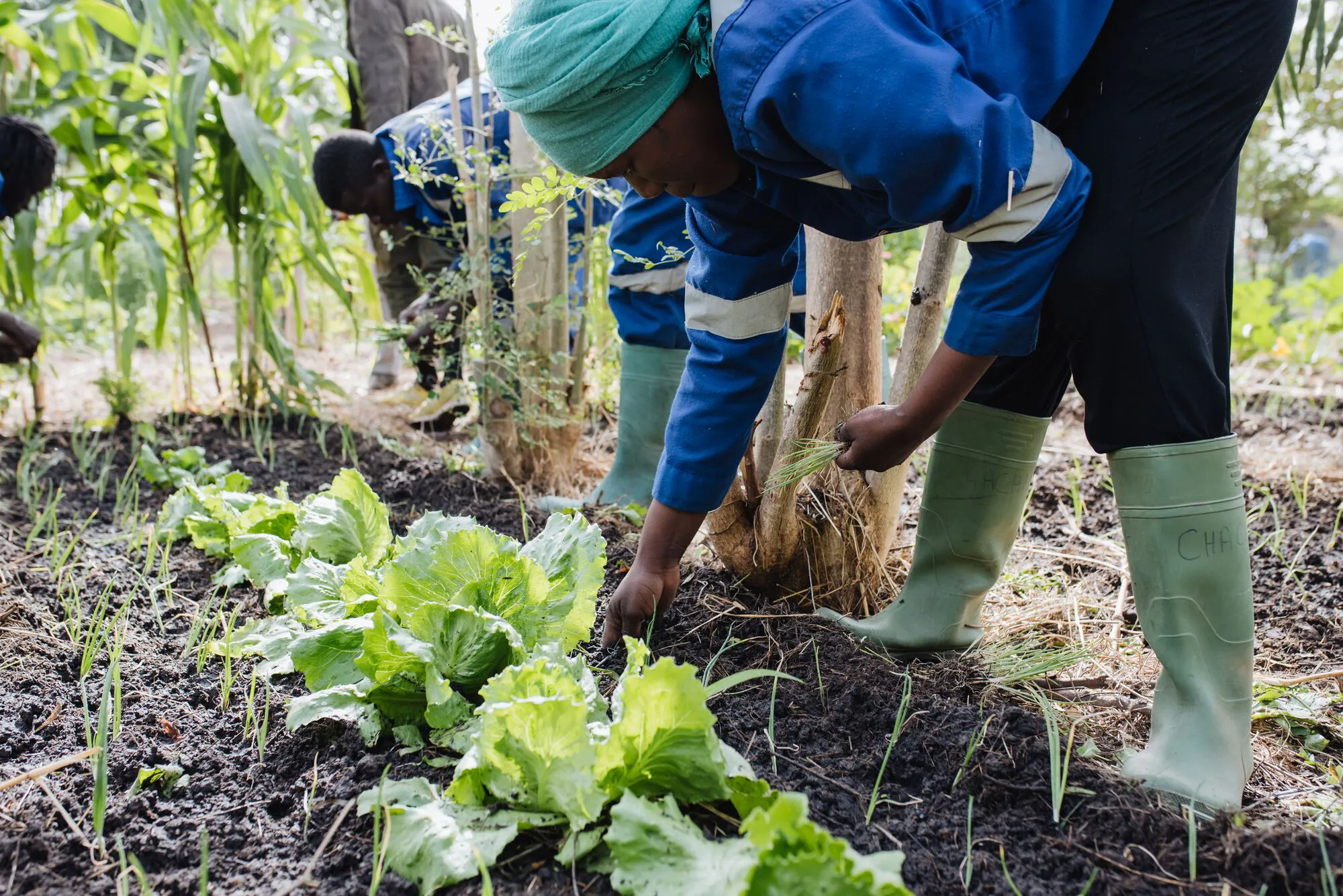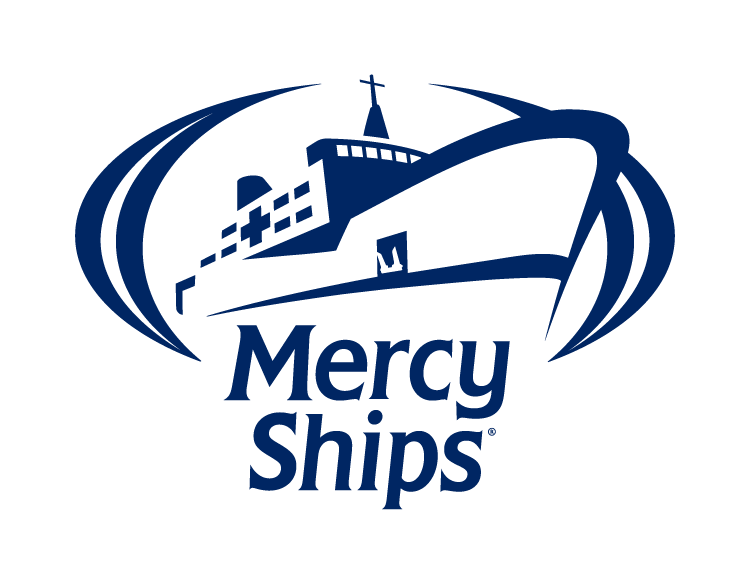Lasting Impact
Mercy Ships aims to leave the host country better equipped with the training, tools, and necessary infrastructure to care for its own people.

Local Development
We train local people to multiply the impact and save more lives. For change to be sustainable, it must be based on a change in the mentality of the community itself. As an extension of our healthcare work, Naves de Esperanza carries out development activities to promote the health and improved lifestyles of entire communities.

Infrastructure
Many health care workers in developing countries lack adequate facilities to serve their communities. Often, medical administrators with limited resources have to choose between building more suitable facilities or maintaining existing ones to have enough resources to retain their workers. That’s why Mercy Ships collaborates with local healthcare partners, providing construction and renovation services. Our staff manages renovation projects in the nation start host us, using local construction teams. Many of the renovations made are for necessary structures, such as dental and ophthalmic facilities that will be used during Mercy Ships’ on-the-ground service. Renovations are often provided for facilities in our future HOPE (Hospital Outpatient Extension) center, ensuring that our patients have a safe and hygienic area to recover from surgery. After our hospital ships depart, the newly renovated buildings are returned to the country’s Ministry of Health for continued use. In this way, renovations address both Mercy Ships’ immediate needs and long-term needs in the countries we serve. When necessary and appropriate, Mercy Ships will carry out renovations in local hospitals to enhance surgical capacity and the quality of care. This is renovations will be done in line with the PUMP (or Partner Unit Mentoring Program) model for team training. Renovations may include: Operating room renovations Improvements to power supply Repair of water and septic systems Improvements to access roads and pathways.

Ecological and Sustainable Agriculture
Why does a hospital ship have an agriculture program? Because we not only want to provide free surgeries to people with urgent needs but also to improve overall health in the countries where we work. One of the key factors in preventing many diseases is nutrition, which is why it is part of our preventative medicine program. Our agriculture course trains local entrepreneurs in ecological and sustainable farming methods that produce up to five times more yield at a lower cost compared to other commonly used methods. The training we provide enables them to support their families while also teaching their friends, neighbors, and even other villages how to use these same techniques.
Donate Now
As volunteers on hospital ships, we travel to provide free world-class health services and safe surgical care. We are dedicated to strengthening local health systems, making a difference in communities with limited access to health.
